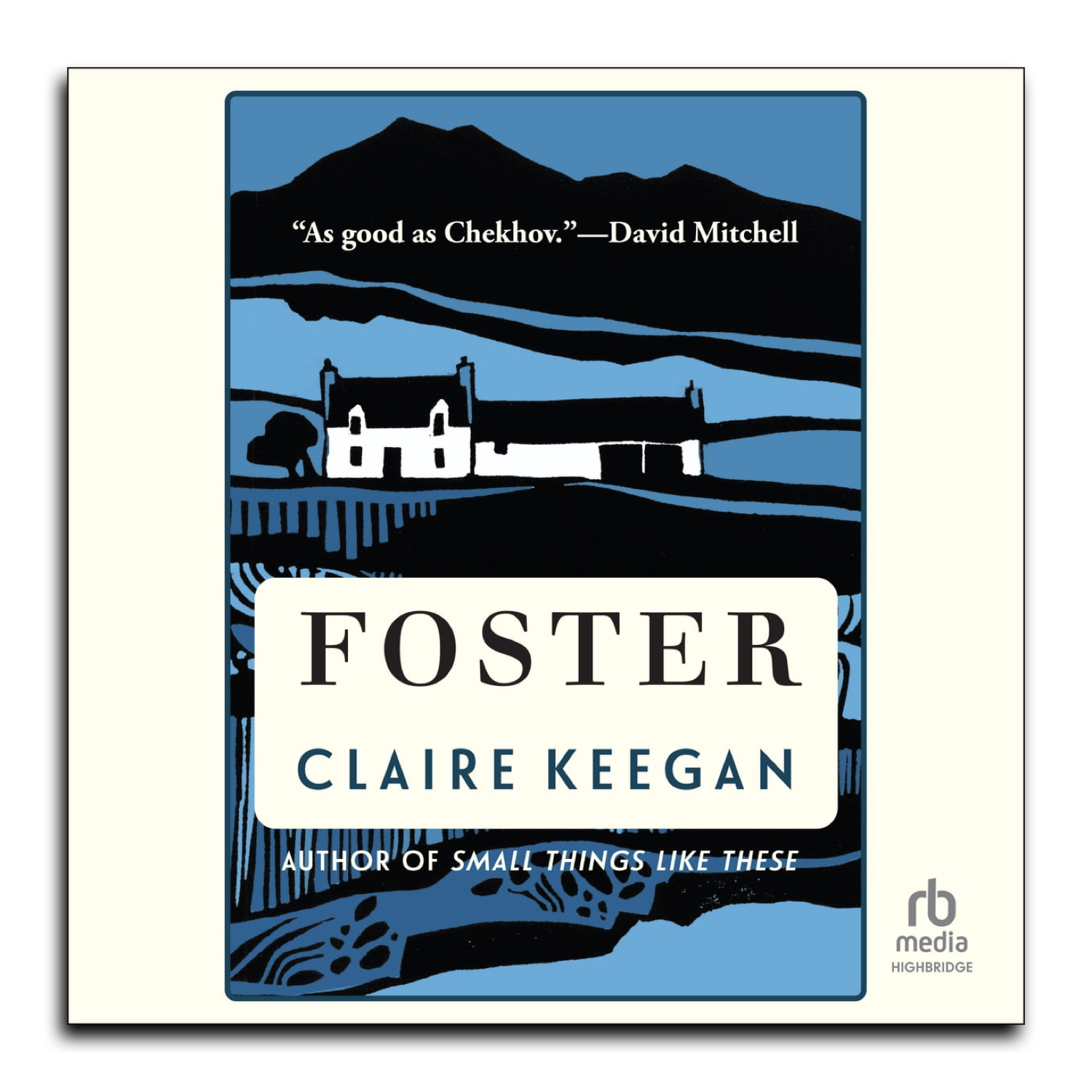Foster by Claire Keegan
In 1981 Ireland, a girl is sent to live with foster parents on a farm while her mother gives birth. She finds unexpected affection and starts to flourish in their care. With her unnamed narrator, Keegan establishes the level of neglect and poverty in which the girl has suffered in her home indirectly and through the girl's observations.
Keegan writes beautifully — and despite the present tense, which I can tolerate better on audio (and it was short to boot) — I rightly felt pulled along by the story. The little girl, who her temporary foster father starts to call Petal, is slowly unfurled by Keegan's patient hand.
While many readers have speculated that a few key phrasings indicate more nefarious levels of abuse, possibly at the hands of her father (something I wondered about as well), Keegan chooses to leave this unclear. In my own digging to try and unearth my feelings about this short novel, it seems the secret alluded to in the publisher's blurb is simply one that is outright revealed in the novel and not anything to do with the girl's home life. So, as much open-endedness as Keegan has left us with, I think it's safe to assume that is mere speculation and for further conversation. Because as soon as someone is sure of a meaning behind Keegan's words, someone else is as sure it means something else...or nothing at all.
Which honestly is part of what is keeping me from rating this one higher. Short stories are not an easy format for everyone. As sure as some writers thrive with hefty, doorstop novels, others tend to lean into saying more in fewer words. However, no matter the tendency of the author, it is the responsibility to tell a complete story — and as much as I like what Keegan does here, I'm not sure it accomplishes her goal...especially since I'm unsure what her goal might be. There is a smudgy, unfocused lens on this story which never quite reconciles itself to the events inside. It doesn't need a buttoned-up ending, but this simultaneously felt like an unfinished thought and a bloated initial idea. I'm not sure how much was expanded to fit this later format, as I know it was originally published in The New Yorker in 2010 in even shorter form, but this felt like it was a tease of an expansion and the story itself yearned to be bigger.
Audiobook, as narrated by Aoife McMahon: McMahon did a wonderful job of capturing the voice of the little girl while also adding gravity and tenderness to the situation.

